“A human being should be able to change a diaper, plan an invasion, butcher a hog, conn a ship, design a building, write a sonnet, balance accounts, build a wall, set a bone, comfort the dying, take orders, give orders, cooperate, act alone, solve equations, analyze a new problem, pitch manure, program a computer, cook a tasty meal, fight efficiently, die gallantly. Specialization is for insects.”
Robert A. Heinlein, Time Enough for Love (Heinlein, 1973)
Is it possible for someone to be proficient, or even expert, at more than one pursuit? Can someone be a soldier and also be a dentist? Can a chicken farmer also be a spinal surgeon, a State Health Commissioner, a scientist, and an adviser to the White House? Or can an IT guy also run a high explosives magazine and be a competitive shooter? Of course! We like to consider ideas in a vacuum so we can comprehend them, so we like to can ideas, label them and put them on a shelf, and we do the same thing to people. He’s a street vendor. Or she’s a nurse. Or he’s a Catholic … and that’s that! We’re happy.
But in an army, everyone is a rifleman, but they are also a cook, truck driver, mechanic, radio operator, and so on.
Most armies were not standing armies. Soldiers were called up for service when they were needed and when the job was done or their tour of duty expired, they went home to their farms, stores, and print shops or whatever else they did.
People are complex. They are nearly always more than one thing, even if we don’t realize it. And sometimes we need to be comfortable sitting inside the question considering it without an answer because any answer limits the possibilities of the question.
As the world has become globalized and urbanized, people have grown more specialized to reap the synergistic benefits of living in large cities, but as recent events such as the totally avoidable 2021 Texas power crisis have demonstrated, urbanization engineers fragility into the systems city dwellers depend on to live.
If a little snow can take down one of the nation’s electrical grids, imagine what a repeat of the Carrington Event will do? And I do mean “will”, not “could”. Even worse, imagine what a Super-HEMP attack could do to our cities. Or imagine any of a dozen other scenarios that could interrupt the constant flow of materials, goods, medicine, money, water, information, and power that it takes to keep their inhabitants alive. Were such an event to occur, our cities would be woefully unprepared because our nation only prepares for disasters after they happen.
If I’m Going to Be a Generalist, What Areas Should I Branch Out Into First?
The overriding takeaway from my service in emergency response at the city, county, state and Federal levels of government is that people should not depend on the government to save them in a disaster. In disasters, emergency services are overwhelmed and there simply aren’t enough resources to help you. You need to help yourself. In fact, one of FEMA’s tag lines is “Until help arrives, YOU ARE the help!”
Any help received in the most important first hours of a disaster usually come from you or your family, neighbors, passersby or friends. Most of them are what the government calls “spontaneous volunteers” meaning they aren’t trained and aren’t from the government, a government organization, or a VOAD (Voluntary Organizations Active in Disaster). To the government, that means that they aren’t trained, don’t have proper equipment or protective equipment, don’t know how to operate within the governments ICS (Incident Command System), a lot of them will get injured, increasing the number of victims, and otherwise are probably going to cause headaches for first and second responders.
What do I mean by you can’t depend on the government in a disaster? Here are some of the specific areas to branch out into to become more self-reliant:
Be able to defend yourself instead of relying on the police to protect you. The average gunfight lasts a few seconds. By the time you dial 9-1-1, all the bullets that will be fired in the incident will probably already have been fired.
Keep some cash on hand. How much should be determined by your finances. It may be $20 or $200 or $2,000, but financial advisers will tell you that it doesn’t even make sense to contribute to a 401K until your have an emergency fund equal to a minimum of three months expenses on hand. I’m telling you it should be in cash, so you don’t have to depend on the bank or bank or credit cards for money, which often don’t function or aren’t accepted in disasters. If it’s a lot of money, don’t store it all in one place and don’t store it in the master bedroom, in the freezer, in a book safe or other places criminals know to check first.
Learn first aid, study medicine, and invest in a quality first aid/trauma kit, important medical supplies such as antibiotics, and good medical books, so you aren’t totally dependent on first responders and doctors at a time when they aren’t available.
Get a woodstove or propane or kerosene heaters and warm bedding and clothing to keep your household warm so you aren’t dependent on the electric company or the natural gas company for warmth. Millions of folks learned this the hard way in Texas in 2021. Without electricity and the internet, electric heat pumps stop working and natural gas lines eventually lose pressure.
Keep water on hand and plan and equip your household to treat more water and haul it home so you aren’t dependent on city water. Boil water notices go out during earthquakes and every kind of disaster that affects the power grid, creating the additional emergencies of a water shortage and waterborne illness within the disaster.
Store and grow food and fuel to cook it so you aren’t dependent on the grocer and restaurants for food.
Invest in a solar power system so you aren’t totally dependent on the power company. Even a solar power pack with a universal charge cable can recharge USB devices, smartphones and small USB-rechargeable batteries, and a small packable solar array can also run fans, radios and 12-volt batteries. I read several stories about folks in Ukraine who left to charge their cellphone and never came home. Even a solar batter pack can keep you from becoming a victim that way.
Also keep some two-way radios, amateur radios, a battery-powered TV, a shortwave radio and a weather radio on hand and batteries and gear to power them. Being armed with information could save your life in a disaster, but leaving the safety of your home to get it could cost you your life. Getting some radios and learning to use them helps ensure that you stay informed, communicate with nearby neighbors and family, and don’t take unnecessary risks.
If you own a vehicle, own at least one that you can maintain and repair and add extended-range fuel tanks so you can store an extra tank of gas right in your vehicle. Invest in a decent set of tools and a repair manual and learn to maintain and repair your vehicle.
Being a Generalist Used to Be the Norm
Any of my grandparents could have been the human being Heinlein described in his well-known quote. I am very grateful to have known them and learned from them. Their grandparents were pioneers. They built houses, boats, radio stations, ranches, gardens, orchards, baked bread from scratch, sewed clothing, flew planes, rode horses. In their generation, in their state, virtually everyone grew and hunted much of their own food.
It used to be that most households had fruit or nut trees, a vegetable garden, and a few chickens in addition to whatever else they did. Up until 1800, less than 10% of the world lived in urban areas. Like our power grid urbanization is quite new and hasn’t been around long enough to fully understand all the risks associated with it, but academics predict that by 2050 86% of the developed world and 64% of the developed work will live in urban areas creating scarcities of land, water and other resources for people who live in urban areas. It also means that most of them will become specialists, if they haven’t already. (Wikipedia, 2024)
The fix is to become generalists both individual and collectively. Individuals and families can become more generalist as outlined above and by reaching for the toolbox instead of the wallet when something breaks.
How can a city become collectively generalist? It starts by cities adopting a more generalist and self-reliant paradigm and begin to produce more food, water, and energy locally. As a nation, we can make sure that large states and each region of the nation has everything it needs to be self-reliant.
One of the downsides of our wonderful democracy is that our nation simply grew every which way. Animal trails became roads and villages became cities and industries popped up wherever they found fertile ground. Our nation wasn’t planned. So, we don’t have everything we need to live in every region of the country. That makes our country more militarily and economically vulnerable to the loss of one or more states or regions, than nations such as China, which was planned to have independent, self-reliant regions.
References
Heinlein, R. A. (1973). Robert A. Heinlein. Retrieved from wikiquote.org: https://en.wikiquote.org/wiki/Robert_A._Heinlein
Wikipedia. (2024, May 31). Urbanization. Retrieved from wikipedia.org: https://en.wikipedia.org/wiki/Urbanization


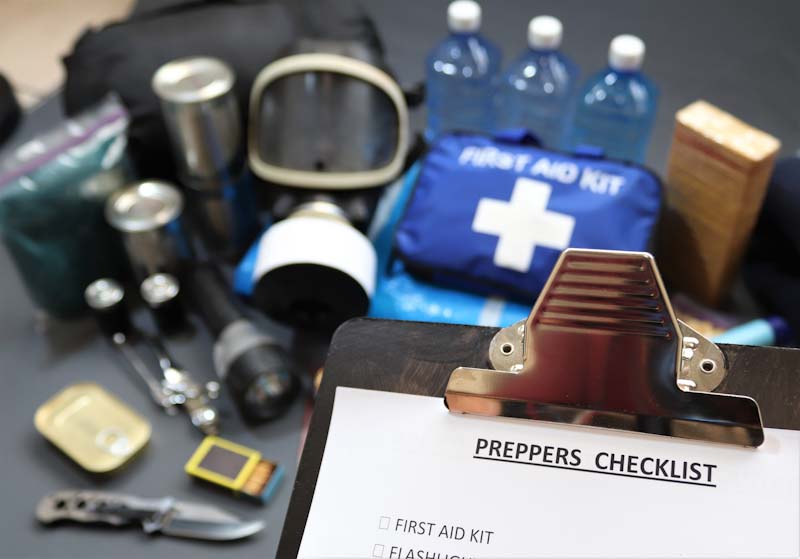


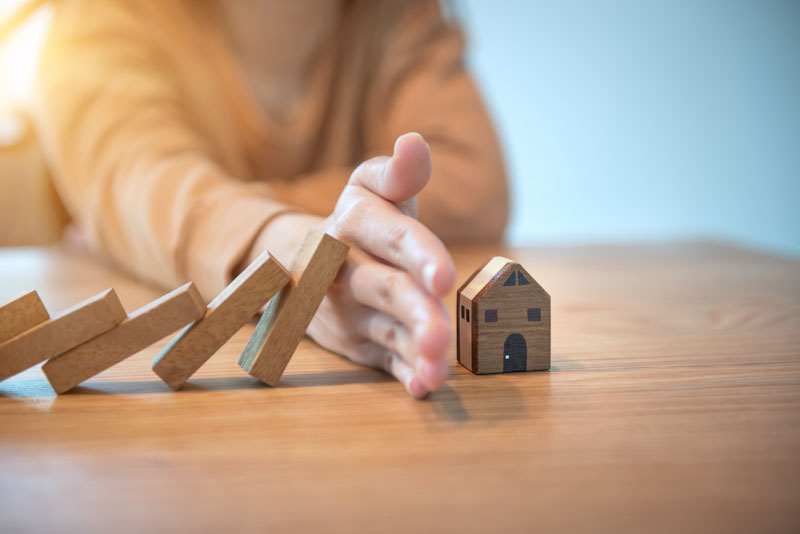
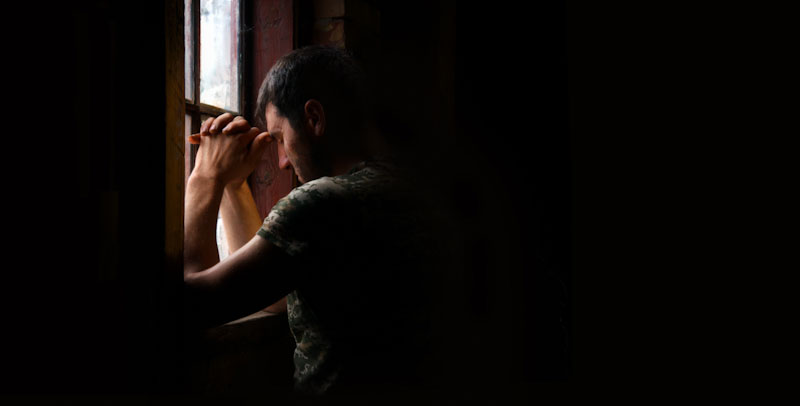
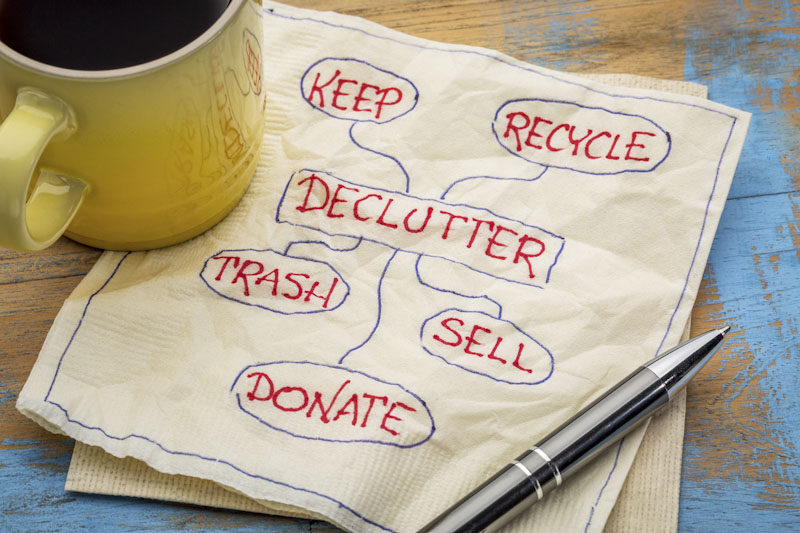
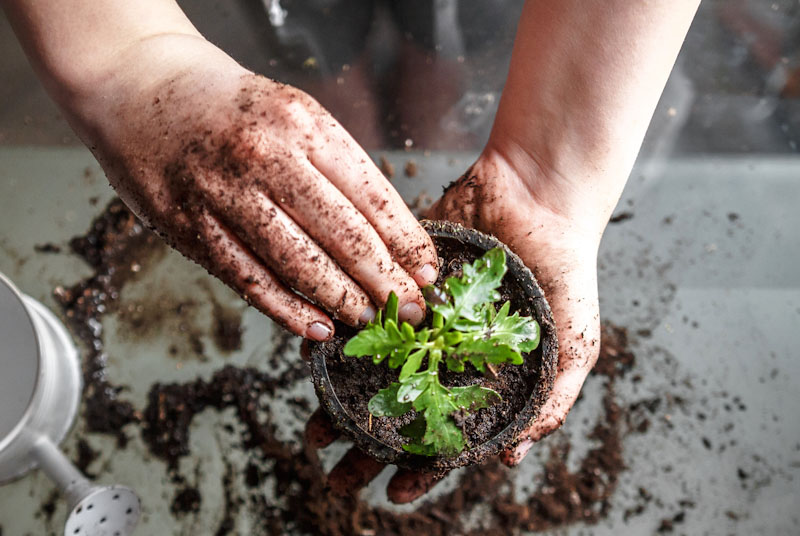

Zulu 3-6 | June 23, 2024
|
Having “some” radios for commo is nice. Do you know how to use them?, Or just buy them and toss them into a drawer, bag, or box to be handy if SHTF? Ham radios are a little more complicated than those cute bubble-pack FRS radios you can find at big box stores. Also, don’t believe the 20-30 mile range claims. An FRS radio is a low-powered radio, with a crappy antenna that usually cannot be swapped out for a better one. Range, maybe a mile across a lake or open field. Perfect conditions in other words. My handheld HAM radios can be seriously range limited in restrictive terrain (big city or the middle of a thick forest) even with higher power and much better antennas. Absent a nearby repeater. Do you know how to program your HAM radio to trigger a repeater to work for you? There is more to it than punching in a frequency (if you know it). You need to know what your gear can do. I own several FRS radios. They have their uses, but I know their limits. Same with GMRS radios. Better radios, but not drastically so. Plus, the FCC requires a license to transmit on HAM and GMRS radios except in very limited emergency situations. They mean true life or death emergencies, not “my car has a flat tire” emergency. You can yak to your heart’s content on FRS, but not HAM.
Consider that most SHTF situations are limited in duration and large scale effect, such as a tornado or hurricane. They are not TEOTWAWKI events and the government does not go away. Also, many HAMS are very capable of radio direction finding a troublesome person interfering on the radio and ratting them out to the FCC. The fines involved are BIG and sometimes jail time can be involved. However, I do want to point out that it is not illegal to listen to HAM or GMRS radios without a license. You can get a lot of handy info from them in emergencies as there are HAM groups that officially help FEMA and local governments (RACES and ARES). Their frequencies are publicly known and not encrypted.
I fully agree with having a separate NOAA weather radio and a shortwave radio (bear in mind that many modern shortwave radios can be tricky to operate and need practice too). I don’t have a battery powered TV as I can get most info I need from radio and a map.. I want my batteries for other things. One other thing just listening to a HAM radio you can also get the NOAA weather channels on them, although I prefer to use my regular NOAA/AM/FM radio for that info and use my HAM radio on the RACES/ARES frequencies as well as my club’s repeater frequencies (we man a station at our local police department during hurricanes and such). .
I also agree with the generalist approach. At one time in my life, at the same time, I was a police officer, a paramedic, a military reservist (and competitive rifle shooter),, and a firearms and defensive tactics instructor at a police academy. .I can use all of that training and experience along with my newer skills and knowledge (HAM radio and others). I am certainly not a specialist.
Tom MacGyver | June 25, 2024
|
Add to this the fact that many people opt for Baofeng HT’s. I’m not being a radio snob here, and ANYTHING is better than NOTHING. I’m just acquainting people with the reality that you get what you pay for. A $25.00 dual band HT is NOT a $200.00 dual band HT. Baofengs are NOT rugged. They DO break easily. Some of them don’t work RIGHT OUT OF THE BOX. They’re also NOTORIOUSLY hard to program!
Please… If you ARE a prepper and plan on using ham radio when things go sideways, GET your Technician ham license. It’s EASY. USE your radios. LEARN their idiosyncrasies. Even $400.00 dual band HT’s have them! Standing there in the middle of a bad situation is NOT the time to LEARN how to use these!